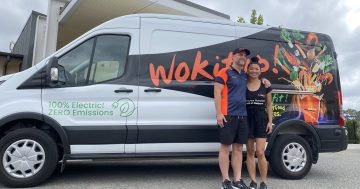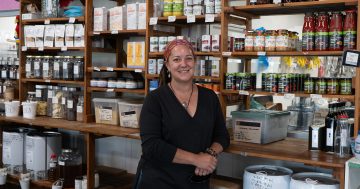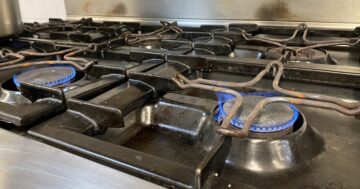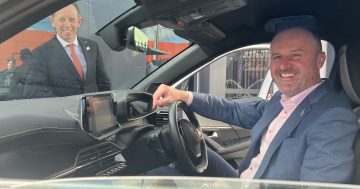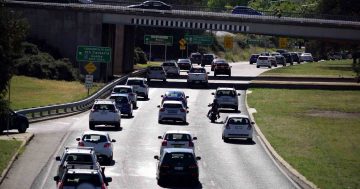
Gas burners will become a relic in the ACT. Photo: Bill Oxford.
Picture a home chef. Someone with a white apron stooped over a chopping board as a knife flits through a sprig of parsley at what can only be the speed of light. In the background, there’ll be a pot simmering on an induction cooktop.
If the last part of that image jarred slightly, and you thought there should be a proper six-burner gas affair, Helen Oakey would like a word.
The Executive Director of the ACT Conservation Council has won the hearts and minds of the ACT Government with a plan to encourage the community to phase out gas in homes. Along with five others, she has been recognised in the latest round of Community Zero Emissions Grants.
“Up to 20 per cent of emissions in the ACT come from gas, and we need to transition away from that,” Helen says.
Although the ACT’s newer suburbs can’t have gas connected, Helen says gas is still widely used in the older regions of Belconnen, Woden and Tuggeranong.
“We’re talking about a big transition.”
In her research, Helen discovered that many Canberrans were keen to electrify their homes until it came down to their gas cooktop. She also saw two cultural issues that needed to be headed off.
“Those from ethnic backgrounds often prefer cooking with gas, and then there are all those who think you need to be using gas to be a good cook.”
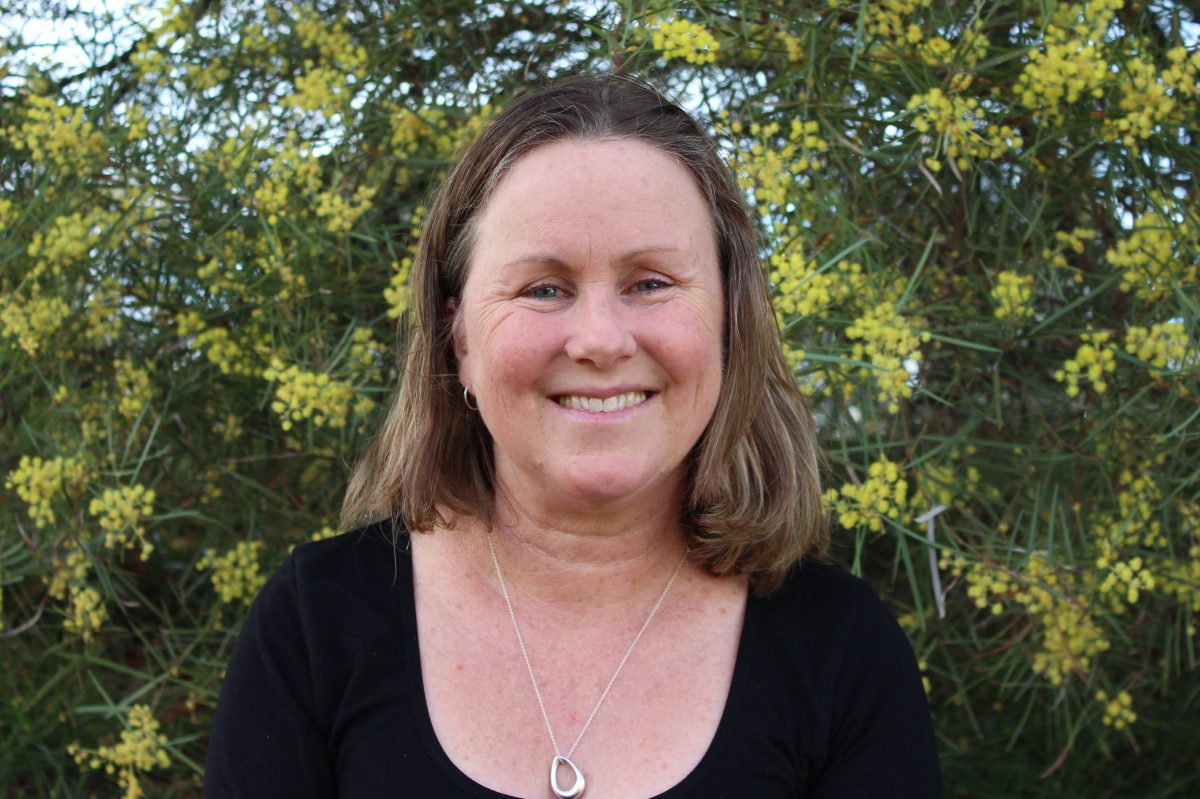
ACT Conservation Council executive director Helen Oakey. Photo: File.
Empowered by the grant funding, Helen says the Conservation Council will be taking electric and induction cooktops out to the community and giving people the opportunity to try them.
“We want to break down the barriers so more people can electrify their homes and come off the gas grid. The modern induction cooktops really are just as good as gas.”
But before homeowners get to the cooktop, Helen says the most immediate and cost-effective place to start is with ducted gas heating.
“Swapping this with an electrical reverse-cycle system will save you the most money in the long run. Heating first, then hot water and finally the cooktop.”
The Community Zero Emissions Grants Program kicked off in 2017 to give the community a hand in the ACT Government’s plan to hit the target of zero emissions by 2045.
This year’s Round 5 includes a total of $155,000 in funding for community-led projects, such as Helen Oakley’s. Up to $50,000 is available for a single application.
Minister for the Environment Shane Rattenbury said plenty of Canberrans have ideas about tackling climate change and reducing emissions but lack the resources to make it happen.
“There’s a lot of facets, but for me, this program is about unleashing community enthusiasm,” he explained.
“I look forward to seeing how the successful projects will inspire more Canberrans to make changes to their everyday activities to reduce greenhouse gas emissions, build climate resilience and create a healthier environment.”
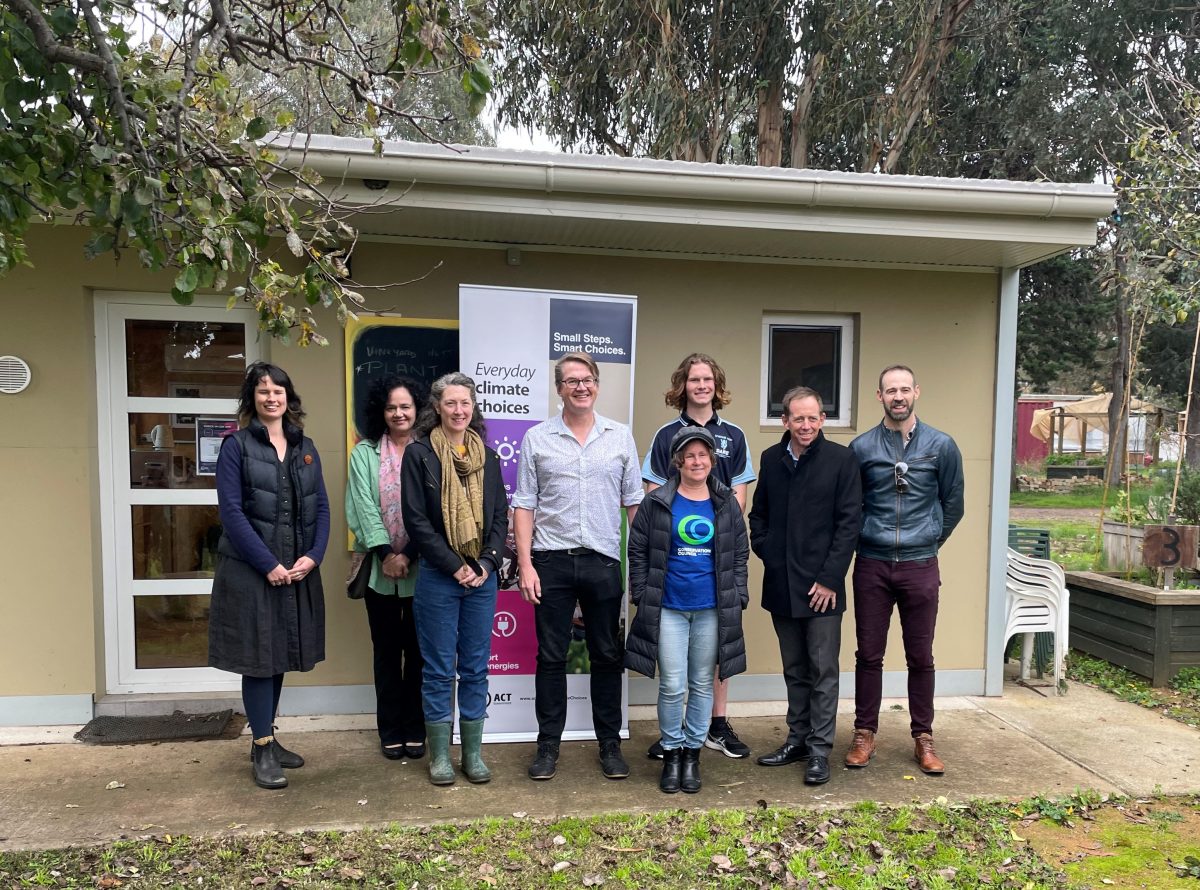
The winners of Round 5 of Community Zero Emissions Grants were announced at the Canberra City Farm in Fyshwick on 11 May 2022. Photo: Julia Marais-van Vuuren.
There are six winners in total, including the Conservation Council ($43,265), Lyneham High School ($4,512), the National Film Academy ($28,000), the Canberra Environment Centre ($49,612), SEE Change ($24,878) and Pedal Power ACT ($5,556).
SEE Change’s ‘Roving Regenerators’ program is designed to improve soil quality across the ACT, starting with community gardens.
Director Brook Clinton describes it as “series of workshops about soil health and working bees that will show participants how to put soil health concepts into practice”.
“While not everyone can build a wind farm, afford an electric car, commute by bike or carry out large-scale regenerative farming, Roving Regenerators is something that people from all walks of life can get involved in.”
The funding will help pay for volunteer coordination work, expert speakers for the workshops, and materials for working bees and gardens.












